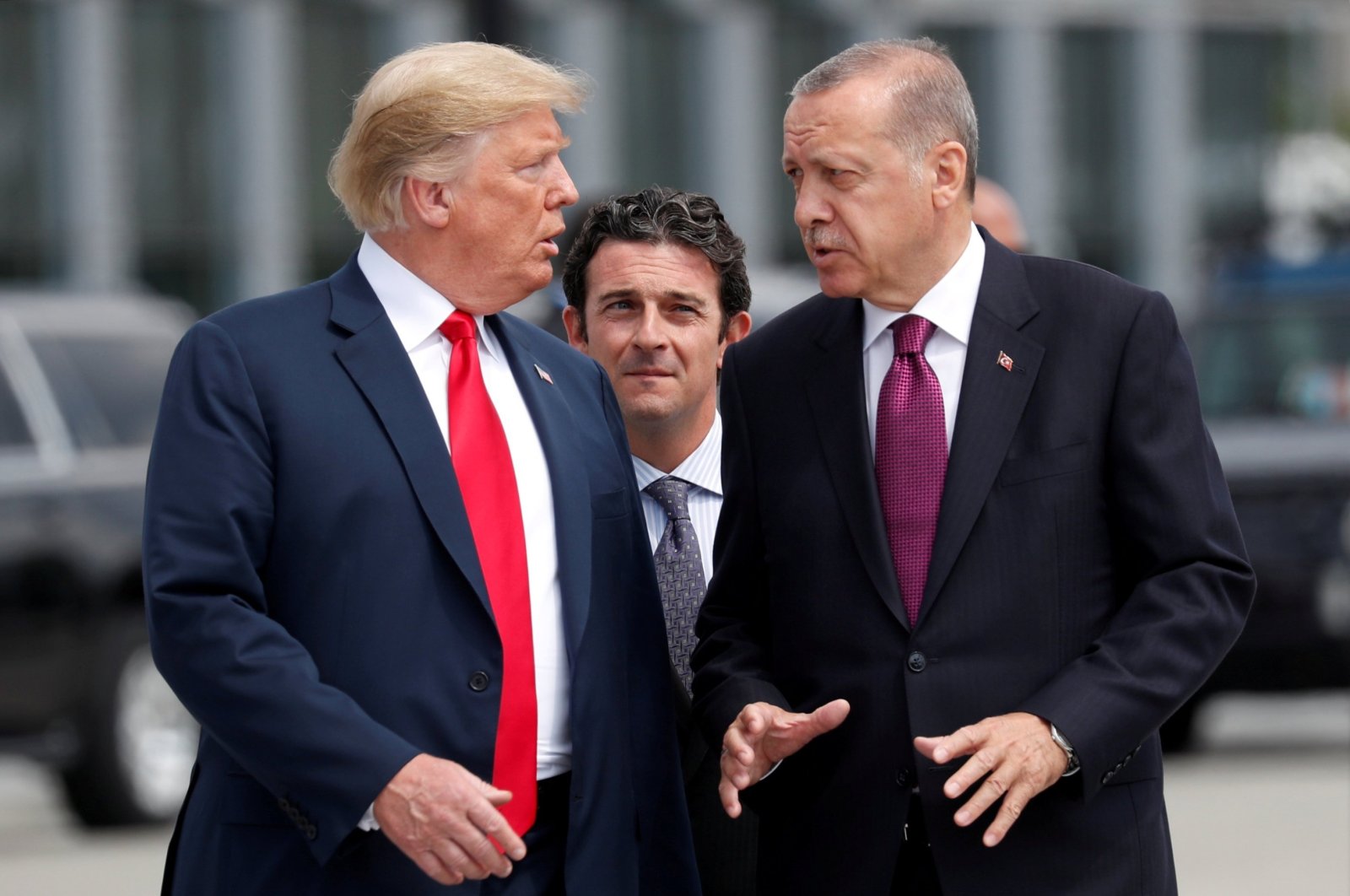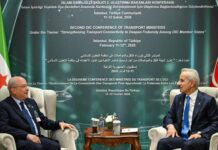
Turkish President Recep Erdogan and US President Donald Trump discussed a range of issues in a recent phone call, with the humanitarian crisis in Gaza and the future of Syria taking center stage.
According to a statement from the Turkish presidency’s communications directorate, Erdogan emphasized the urgency of delivering uninterrupted humanitarian aid to Gaza and expressed Turkey’s readiness to help establish a ceasefire and long-term peace.
Erdogan also used the conversation to advocate for easing international sanctions on Syria, arguing that such measures would bolster efforts to stabilize the country and preserve its territorial integrity. He stressed that “a stable Syria will serve peace in the region and the world.”
Trump, in a post on his Truth Social platform, characterized the call as “good and productive,” confirming that Erdogan would visit Washington and that he had received an invitation to visit Turkey. Trump praised their past cooperation, highlighting Erdogan’s role in securing the release of Pastor Andrew Brunson and their joint efforts on other diplomatic fronts.
Israeli Unease Over Turkey in Syria
While Trump touted his relationship with Erdogan, Israeli Prime Minister Benjamin Netanyahu voiced deep concern about US policy in the region, particularly Trump’s support for Turkish influence in Syria. Citing unnamed sources, Israel Hayom reported that Netanyahu privately accused Trump of saying one thing in meetings—especially on Iran and Syria—but doing another in practice.
Netanyahu reportedly told aides that Trump’s encouragement of Erdogan’s consolidation in Syria contradicted American commitments to Israel’s freedom of action in the country. “Trump says what we want to hear,” one aide quoted Netanyahu as saying, “but his actions often tell a different story.”
According to Makan, Israeli officials were particularly alarmed by Trump’s praise for Erdogan’s role in Syria. The remark came as tensions escalated between Israel and Turkey, with Turkey allegedly blocking an Israeli military flight and negotiations to establish a de-escalation mechanism between the two militaries in Syria stalling.
A Fragile Triad Amid Shifting Alliances
Trump has attempted to position himself as a mediator between two of America’s uneasy regional allies. During a recent meeting with Netanyahu, Trump claimed he could resolve Israeli-Turkish disputes, saying, “If you have a problem with Turkey, I really think you’ll be able to work it out.”
Still, Netanyahu remains skeptical. His dissatisfaction has grown amid US moves to reopen nuclear talks with Iran and the recent dismissal of National Security Advisor Mike Waltz, a staunch opponent of Tehran. Despite Trump’s reassurances and public admiration for Erdogan, Israeli officials continue to warn against Turkey’s military buildup in Syria, citing concerns about long-term regional balance and security.








